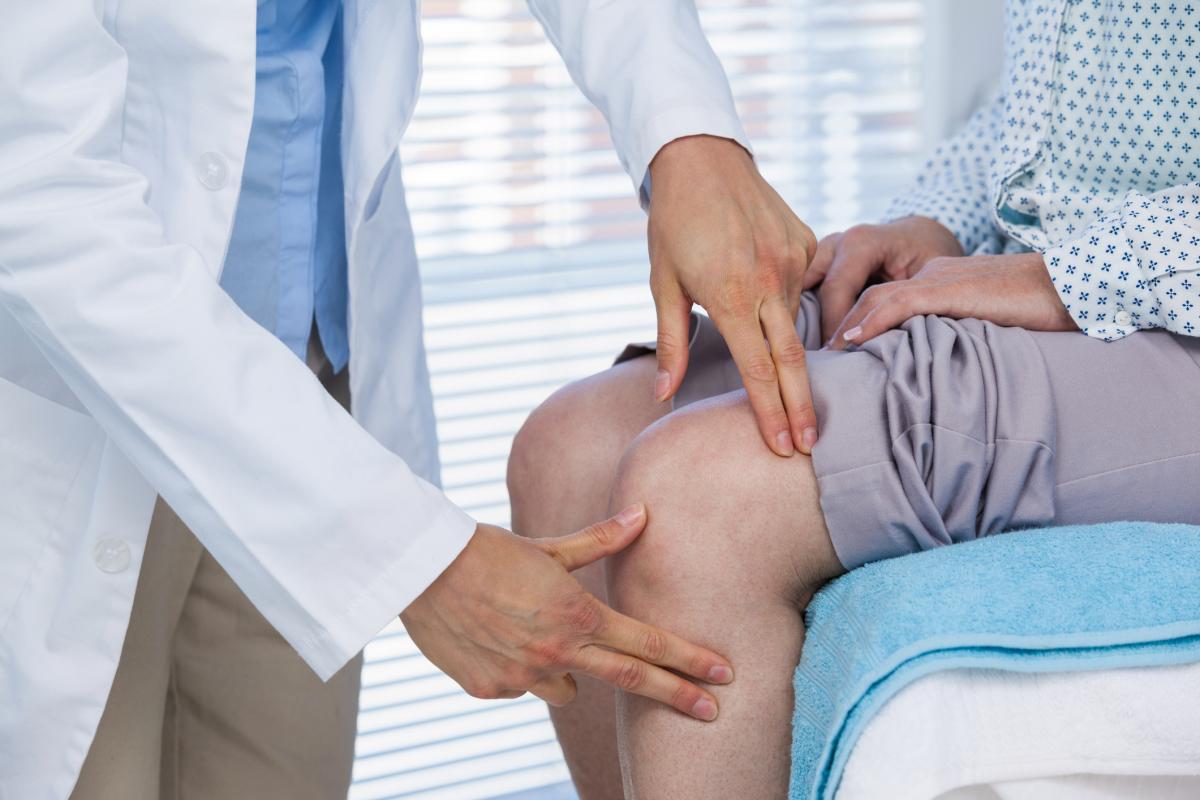Guillain-Barre syndrome
When your body's immune system attacks your nerves, you may develop Guillain-Barre (pronounced Ghee-YAHN buh-RAY) syndrome. Between 3,000 and 6,000 people in the U.S. are diagnosed with the syndrome every year.
With this rare disorder, your body's immune system attacks your nerves. The cause of Guillain-Barre isn't known, but many who develop it experienced a viral or bacterial illness a couple of weeks before they were diagnosed. Weakness and tingling in the extremities are often the first symptoms. These can progress quickly and often lead to paralysis.
Weakness of muscles controlling breathing can lead to the need for a ventilator to assist your breathing. Most of the time, you're hospitalized to receive the appropriate level of care. Although most individuals recover from even the most severe cases, some still experience weakness or other symptoms afterward.
Doctors encourage you to seek emergency medical attention if you experience these symptoms:
- Tingling or weakness that starts in your toes or feet and begins to move toward your upper body
- Shortness of breath while lying flat
- Pooling of saliva in your mouth that causes you to feel like you're choking
There's no cure for Guillain-Barre syndrome, but treatments can minimize symptoms and shorten the duration of the condition. Most people eventually recover from Guillain-Barre, but you may continue to experience numbness, weakness or tiredness.

Types of Guillain-Barre
The disease is classified by these types:
- Acute inflammatory demyelinating polyradiculoneuropathy: This is the most frequently diagnosed form of the syndrome in the U.S. Symptoms include numbness and muscle weakness first noticed in the lower part of the body. These symptoms travel toward the torso and arms. Breathing and swallowing may be affected.
- Miller Fisher syndrome: Affects only 5% of all Guillain-Barre patients. Its most significant symptoms are paralysis that originates in the eyes and a wobbly gait.
- Acute motor axonal neuropathy: Seen less often in the U.S., this type occurs more frequently in Mexico and, therefore, may develop in people living in border states like Arizona. This type is characterized by paralysis and loss of reflexes without numbness. Breathing and swallowing may be affected like they are with acute inflammatory demyelinating polyradiculoneuropathy.
- Acute motor-sensory axonal neuropathy: An exceptionally rare type, its primary symptoms are severe pain, whole-body paralysis and numbness in the legs and arms. The weakness is more severe than in other forms of Guillain-Barre, and recovery is usually poor.
What are the primary symptoms of Guillain-Barre?
Symptoms may include:
- Weakness and tingling that starts in your feet and legs and spreads to your upper body and arms
- Weakness or tingling that begins in the arms and hands
- Unsteady gait
- Inability to walk or climb stairs
- Severe cramping pain that may worsen at night
- Rapid heart rate
- Too low or too high blood pressure
- Difficulty moving facial and eye muscles
- Impaired ability to speak, chew or swallow
- Impaired bowel or bladder control
- Difficulty breathing
The most acute weakness in the course of the illness often occurs between two and four weeks after the onset of symptoms.
How is Guillain-Barre diagnosed?
Your HonorHealth neurologist will use some or all of the following:
- Electromyography, where a needle is placed into muscles to measure the electrical activity and determine the health of those muscles
- Nerve conduction studies, which measure the degree of damage in nerve fibers
- A spinal tap, where spinal fluid is withdrawn and examined
Causes and risk factors of Guillain-Barre
This syndrome is more commonly diagnosed in adults than in children. People over 50 are at greatest risk, but it can occur in young adults. Males are slightly more likely to develop Guillain-Barre than females.
This syndrome occurs when your body's immune system inappropriately attacks your nerves. Infections may trigger Guillain-Barre, including:
- A type of bacteria called Campylobacter, found in undercooked poultry
- Flu
- Epstein-Barr virus
- Zika virus
- Hepatitis
- HIV
- Mycoplasma pneumonia
Guillain-Barre syndrome treatment
Your treatment can include:
- Plasmapheresis: Blood is removed, cleansed of immune system cells and antibodies and then returned to the body to help reduce inflammation
- Infusion therapy: Immunoglobulins (antibodies that alter the immune system) are administered intravenously to lessen the impact of specific inflammatory cells
- Physical therapy